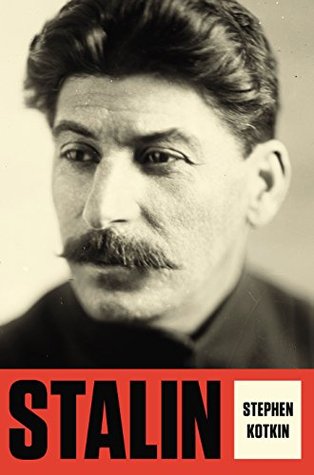Still, Kerensky’s chief motivation appears to have been domestic politics: he as well as some Russian generals thought—or hoped—that an offensive would restore the collapsing army and squelch the domestic rebellion. In other words, the very collapse of Russia’s army served as the key rationale for the offensive.136 “War at the front,” went the saying, “will buy peace in the rear and at the front.”137
Welcome back. Just a moment while we sign you in to your Goodreads account.


